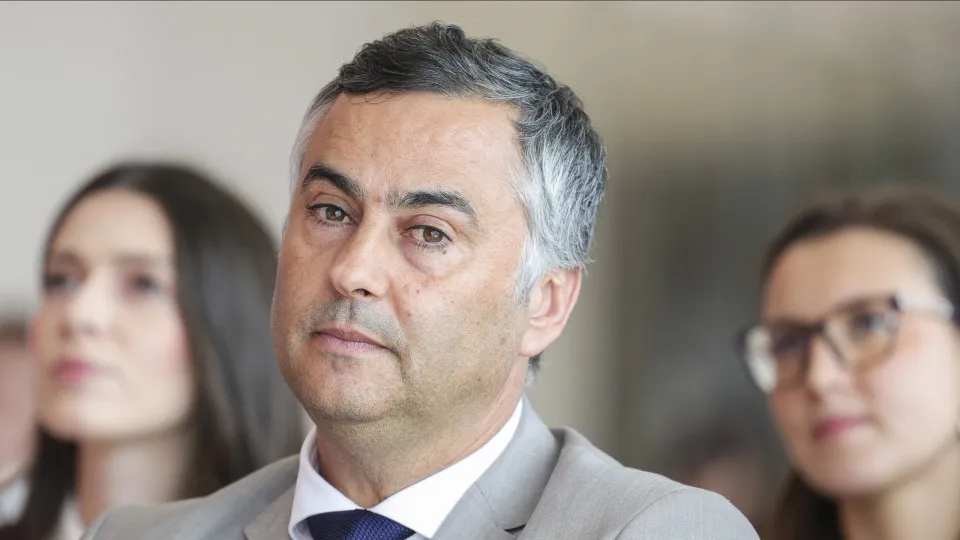
The lawyer had headed the Secretariat-General for Education and Science since 2012, one of the structures dissolved under the Ministry of Education, Science and Innovation (MECI) reform, and from 1997 to 2011, held the position of Secretary-General of the Ministry of Science across various constitutional governments.
Raúl Capaz Coelho is pursuing a doctorate in Law, specializing in Legal-Political Sciences, at the Autonomous University of Lisbon and has been serving in government offices for over 30 years, including his tenure at the Secretariat-General of the Ministry of Agriculture between 1993 and 1996.
In a statement, MECI announced that Minister Fernando Alexandre appointed Salomé Branco as the vice-president of the new agency, which will replace the Institute for Financial Management of Education, the Directorate-General for School Administration, and the Directorate-General for School Establishments.
Since 2023, Salomé Branco has been a deputy general coordinator of the National Foundation for Scientific Computing (FCCN), the digital services unit of the Foundation for Science and Technology (FCT), which will also be dissolved.
The decree establishing the AGSE, published in the Official Gazette late last week, justifies transferring part of the FCCN’s competencies and human resources to the new agency due to its “experience in the education sector, particularly as the entity responsible for operating and managing the Science, Technology and Society Network and its extension to the Extended Education Network.”
In the curriculum note released, MECI highlights Salomé Branco’s “more than two decades of leadership experience” and her contribution to the national connectivity and technology strategy for higher education and research in Portugal while serving as the deputy general coordinator of FCCN.
The AGSE management board also includes two other members: Maria da Purificação Pais, former vice-president of the Institute for Financial Management of Education, Florbela Valente, deputy director of the Directorate-General for School Establishments, and Tiago Craveiro, a board member at IGeFE.
“The AGSE management board is thus entirely made up of current service leaders from MECI and, as such, are deeply acquainted with the educational system, its weaknesses, and the solutions for its proper functioning,” the ministry stated, arguing that the experience of these five directors will also ensure “a smooth and calm transition, guaranteeing the continuity of all processes on the eve of another academic year.”
According to the authorities, during the transition period, schools should continue contacting the Directorate-General for School Administration, the Directorate-General for School Establishments, and the Institute for Financial Management of Education until AGSE is established.
Later, service directors will also be appointed, and schools will be informed of the agency’s new focal points.
AGSE will be responsible for managing human resources for schools from preschool to secondary level, as well as managing the operation of schools “and all educational and training offerings.”
National structures abroad will also be supported by AGSE, which will also take on the Science, Technology and Society Network and the Extended Education Network.
Information systems and technological infrastructure will also be a responsibility of the new entity created as part of a reform that the Government believes will simplify processes, “place the student at the center of the educational system,” and value those working in schools.




